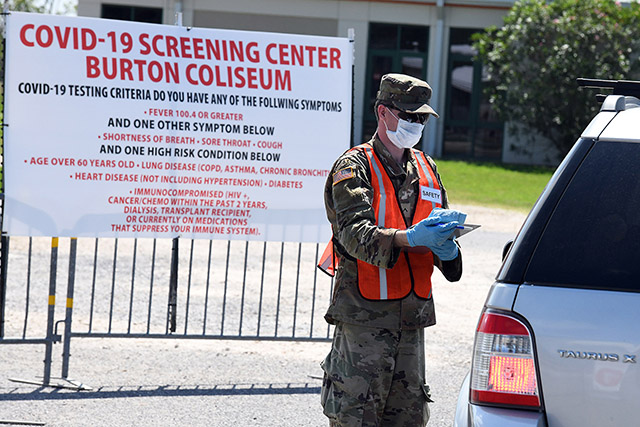Social Science Takeaways for Policymakers Managing COVID-19
A new study offers research insights for better communication, following guidelines, and more
Get all our news

Unrest, confusion, and anxiety are growing around the country as policymakers determine how best to respond to the COVID-19 pandemic. In a Nature Human Behaviour article, more than 40 social scientists came together to review a century’s worth of research and make research-based suggestions about how people across the country can remain safe and deal with some of the pandemic’s severe social and behavioral effects. IPR political scientist James Druckman and social psychologist and IPR associate Eli Finkel were among the co-authors.
From their research, the international team of social scientists came up with a list of research-driven insights for public health experts, community leaders, and policymakers. Among them were the following:
- People respond best to public health messaging when it is rooted in a shared sense of identity, and that therefore COVID-19-related communications can be more effective when “addressing the public in collective terms and… urging ‘us’ to act for the common good.”
- Such messages are more effective when coming from sources, like religious or community leaders, that communities see as more credible.
- People are more responsive when they understand that other members of their community are already cooperating with the pandemic response.
- Politically, the researchers note that the public is more likely to respond to COVID-19-related messaging when leaders and the media emphasize its bipartisan nature. This reduces political polarization, which has been shown to induce biased reasoning.
- Preparing citizens for misinformation is important, as well, and this can be done by giving them accurate information and counter-arguments against conspiracy theories and other “fake news.”
- The researchers note a need for more targeted public health information in marginalized communities, where COVID-19’s disproportionate impact on is well-established.
- To slow infections, researchers point to making people aware that they, too, benefit from others’ access to preventive measures.
- In any situation, the researchers conclude that the most persuasive messaging around the COVID-19 response emphasizes five key aspects: shows benefits to the individual, focuses on protecting others, aligns with the recipient’s moral values, appeals to either social pressure or scientific norms, and highlights the possibility of their social group’s approval.
Read more highlights from the paper here, or read the full Nature Human Behaviour article here. Photo courtesy of the Louisiana National Guard.
Published: May 6, 2020.


